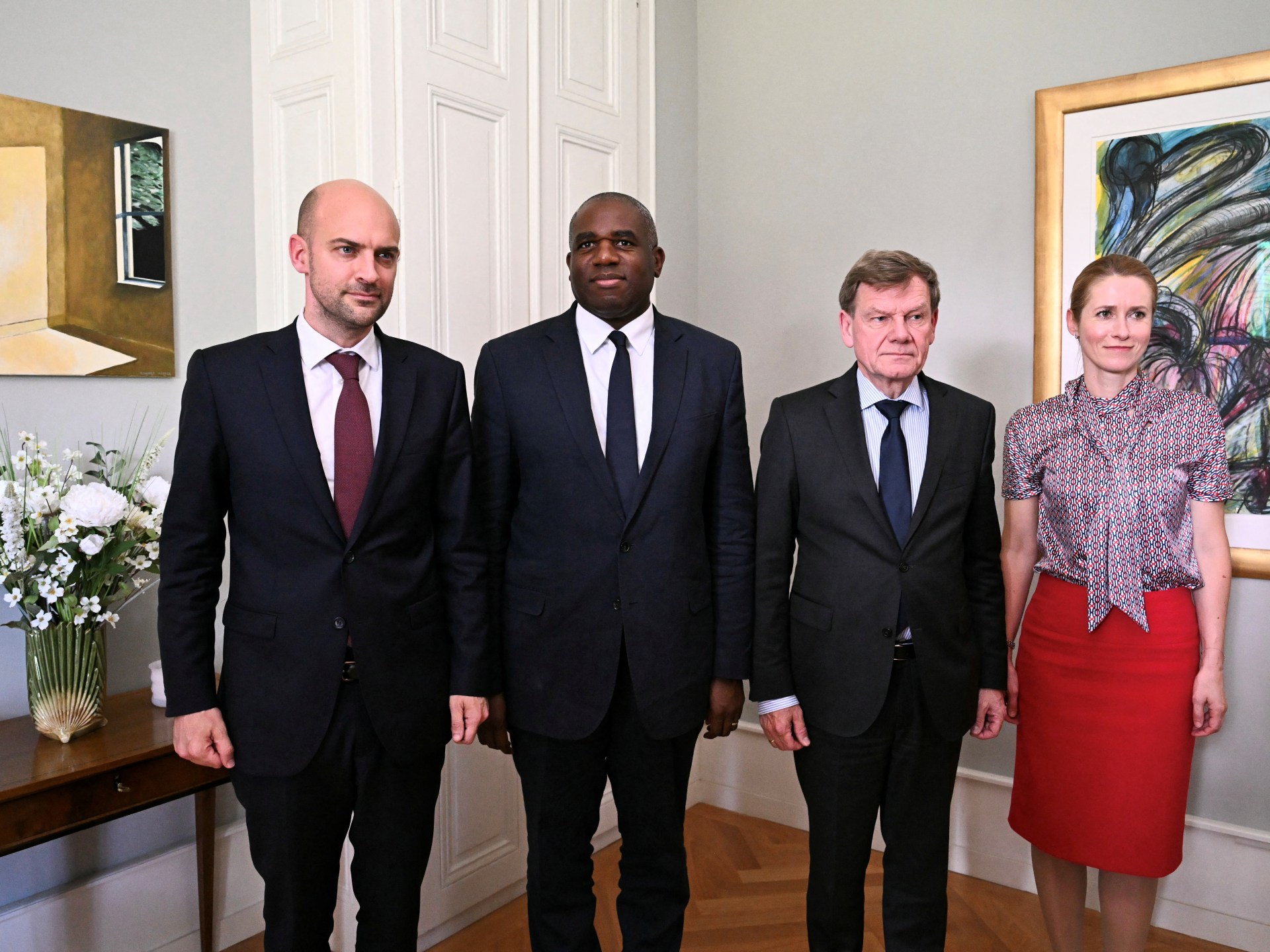Iran and European countries agree to resume nuclear talks next week despite threats of unilateral sanctions.
Iran and three major European powers have agreed to resume nuclear talks next week, even as the threat of revived sanctions looms.
Iranian state media reported on Friday that Foreign Minister Abbas Araghchi held a call with his French, British and German counterparts, during which they agreed deputy ministers would meet on Tuesday.
German Foreign Minister Johann Wadephul confirmed the talks, warning that Europe was prepared to re-impose United Nations sanctions under the so-called “snapback” mechanism unless Iran committed to a verifiable and lasting deal. “Time is very short and Iran needs to engage substantively,” he said.
According to Iranian outlets, Araghchi rejected the threat, accusing the European trio of lacking “legal and moral competence” to trigger snapback sanctions and warning of consequences if they did so.
The three European governments, backed by the United States, have accused Tehran of advancing uranium enrichment in violation of international commitments and say its programme could be used to develop nuclear weapons.
Iran has said its work is strictly for civilian purposes, and Western governments have not provided any evidence that Tehran is weaponising its nuclear programme.
The International Atomic Energy Agency (IAEA), the UN’s nuclear watchdog, has said Iran remains far from building a nuclear weapon. In March, US National Intelligence Director Tulsi Gabbard testified that intelligence agencies had found no evidence of Iran moving towards a bomb.
Talks between Iran and the US collapsed in June after Washington and Israel attacked Iranian nuclear sites during a 12-day conflict.
Since then, IAEA inspectors have not been allowed into Iran’s facilities, despite the agency’s chief, Rafael Grossi, stressing that inspections are essential.
President Masoud Pezeshkian has warned the IAEA to abandon its “double standards” if it hopes to restore cooperation over the country’s nuclear programme, amid an acute mistrust following Israeli and US attacks on Iranian nuclear sites, and the UN nuclear watchdog’s refusal to condemn the strikes.
In July, Pezeshkian signed a law suspending Iran’s cooperation with the IAEA, with Tehran making it clear that it no longer trusts the agency to act impartially.
Negotiations between Tehran and the Europeans last took place in Geneva on June 20, while the fighting was still under way. Little progress was reported at the time.
Iran’s state broadcaster said an Iranian delegation would travel to Vienna on Friday to meet IAEA officials, but offered no further details.
